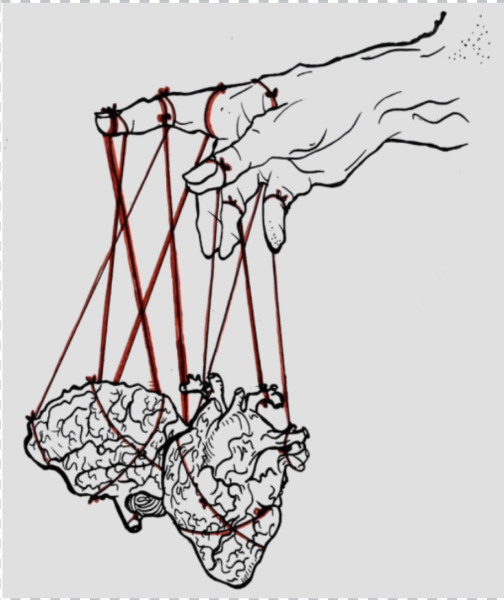Education is the foundation of any society; it shapes the next generation of thinkers, workers, and leaders. Yet, the question remains: “Is the school system truly preparing students for the realities of the future?”
As someone who spent over 11 years in the Swiss public school system, I can confidently say that while it serves its purpose, it falls short in preparing students for higher education and personal aspirations. In contrast, institutions like ISL create an environment that pushes students toward success beyond the classroom. One of the largest issues with the Swiss public school system is its focus on funneling students into the workforce as quickly as possible rather than encouraging them to pursue their dreams through higher education.
Instead of nurturing ambition and curiosity, it operates more as a “weeding-out” system, identifying students who can move forward academically while directing others toward vocational paths at an early age. While vocational training is essential, this rigid approach limits opportunities for those who may need more time to discover their passions. On the other hand, ISL and the IB program provide an entirely different experience. The school is filled with educators who are not just teachers but mentors, people who genuinely care about their students’ futures. Some might argue that I got lucky with my teachers, but the culture at ISL is built on encouragement and academic rigor. Teachers push students not because they want to see them fail but because they recognize their potential and want to help them reach it.
Another major advantage of ISL is the role of academic counselors, a resource that Swiss public schools lack in any meaningful capacity. While Swiss schools have counselors, their primary focus is on helping students find careers that require minimal education beyond the age of 15 or 16. In contrast, ISL’s counselors actively guide students through the university application process, ensuring they have the best possible opportunities for their future. They help students explore their interests, select suitable universities, and navigate the often overwhelming transition to higher education. This level of support makes a significant difference in students’ confidence and preparedness for what comes next.
However, while ISL offers a highly supportive environment, it also has its drawbacks. The structured and nurturing setting can sometimes shield students from the challenges of real-world independence. Compared to their peers in the Swiss public system, who are expected to take responsibility for their career paths earlier, ISL students may experience a delayed transition into adulthood. The reliance on counselors and tailored academic guidance, while beneficial, can mean that students are less accustomed to making independent decisions about their futures.
The reality is that the school system should be about more than just pushing students into the workforce or filtering out those who don’t fit a certain mold. It should be about equipping young people with the skills, knowledge, and support necessary to chase their dreams, whether that means entering the workforce, going to university, or forging their path. Schools should exemplify this approach, while systems like the one in Switzerland often fall short.
At the end of the day, education is not just about memorizing facts and passing tests; it’s about shaping individuals who are ready to face the world with confidence and purpose. The question we should be asking isn’t just whether the school system is preparing students, it’s whether it’s preparing them for the future they deserve.



